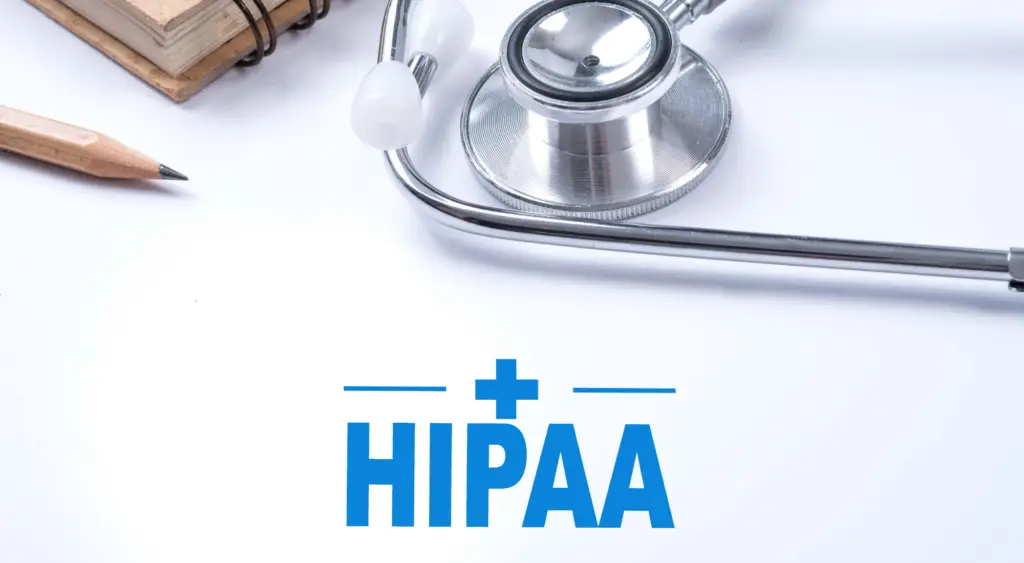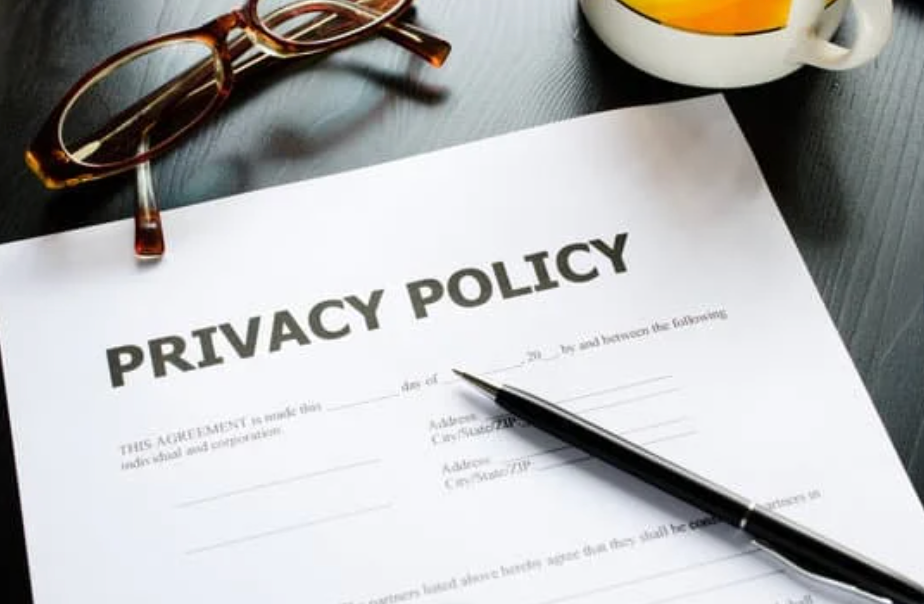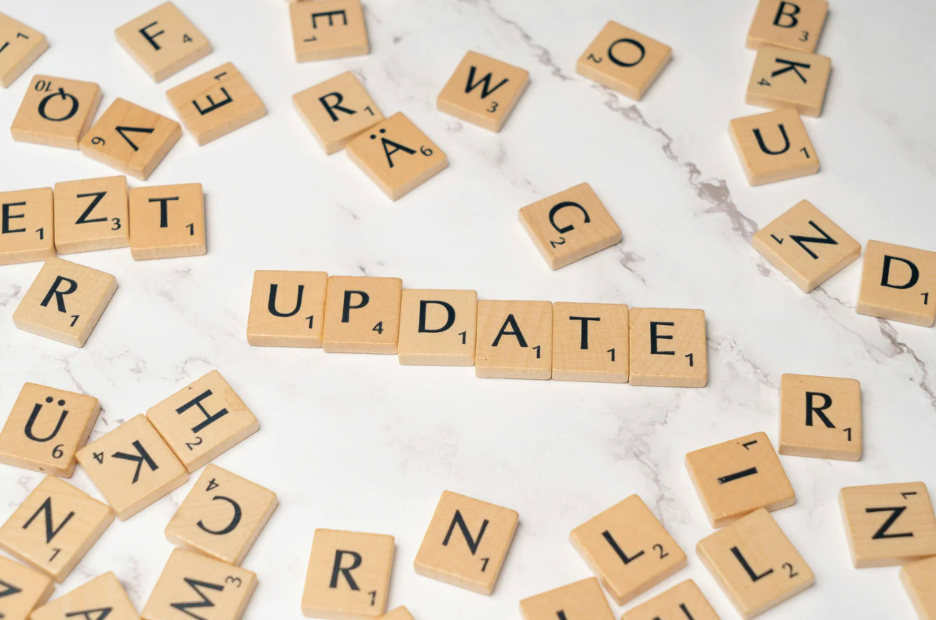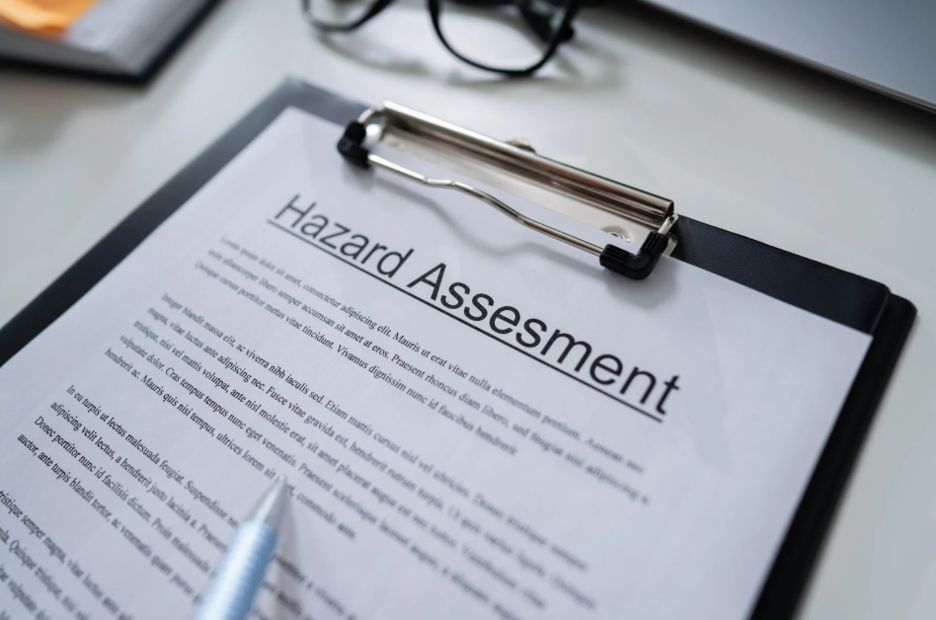In the rapidly evolving landscape of healthcare, protecting patient information is not just a legal requirement under the Health Insurance Portability and Accountability Act (HIPAA), but a critical component of patient trust and care continuity. With the increasing digitization of medical records, healthcare providers must implement robust strategies and technological solutions to safeguard sensitive data. Here are essential best practices for ensuring HIPAA compliance and maintaining the privacy and security of patient information.
1. Conduct Regular Risk Assessments
One of the foundational steps in HIPAA compliance is the regular performance of risk assessments. These assessments help identify vulnerabilities in your information systems and processes that could potentially lead to data breaches. A thorough risk assessment should cover physical, administrative, and technical safeguards, examining everything from the security of the physical storage facilities to the effectiveness of digital firewalls and encryption practices.
2. Implement Strong Access Controls
Access control is a critical element in protecting patient information. Ensure that only authorized personnel have access to sensitive data by using role-based access controls. This ensures that individuals only have access to the information necessary for them to perform their job functions. Additionally, employing two-factor (2FA) or multi-factor authentication (MFA) adds an extra layer of security, making it more difficult for unauthorized users to gain access to your systems.
3. Utilize Advanced Encryption Technologies
Encryption is a powerful tool in the protection of data privacy. Encrypt patient data both at rest and in transit to prevent unauthorized access during data breaches or other security incidents. Using strong, industry-standard encryption protocols ensures that even if data is intercepted, it remains unreadable without the appropriate decryption keys.
4. Train Staff Regularly
Human error remains one of the largest threats to data security. Regular training sessions for all employees, focusing on the principles of HIPAA, recognizing phishing attacks, and secure handling of patient information, are essential. Training should be conducted at onboarding and regularly thereafter, ensuring that all staff members are up-to-date with the latest security practices and compliance requirements.
5. Deploy Secure Communication Channels
When discussing patient information, it’s crucial to use secure communication channels. This includes secure email services that use end-to-end encryption, secure messaging apps, and protected video conferencing tools. Avoid the use of any platforms that do not comply with HIPAA’s security standards for the transmission of protected health information (PHI).
6. Maintain an Incident Response Plan
Despite best efforts, breaches can still occur. Having a robust incident response plan in place is essential for quickly addressing security incidents and mitigating any potential damage. This plan should include immediate steps to contain the breach, strategies to assess and control the impact, and methods to notify affected patients and regulatory bodies as required by law.
7. Partner with Compliant Vendors
As defined by HIPAA, a Business Associate is any organization or person working in association with or providing services to the Covered Entity who generates, handles, or discloses Protected Health Information. As a Covered Entity, you must ensure that Business Associates are also HIPAA compliant. This involves conducting due diligence before entering into agreements and ensuring that all partners sign Business Associate Agreements (BAA). These agreements extend HIPAA’s privacy and security requirements to your partners, safeguarding data throughout the chain of custody.
Conclusion
Navigating HIPAA compliance requires a multi-faceted approach focused on technology, training, and comprehensive policies. By implementing these best practices, healthcare providers can protect patient privacy and security, build trust, and comply with legal requirements. Remember, protecting patient information is not just about avoiding penalties—it’s about ensuring the dignity and safety of everyone in your care.
Experience Better Healthcare Compliance
Stay compliant with HIPAA, OSHA, and billing regulations. See how our comprehensive solutions can simplify your compliance needs and enhance your practice’s efficiency.



